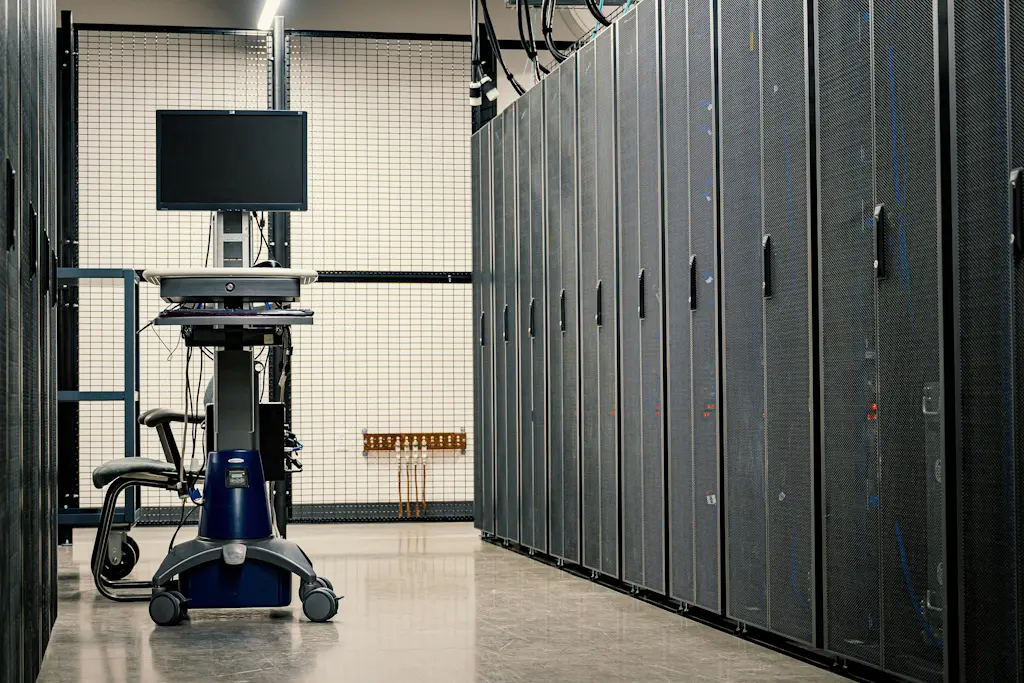Windcloud, a German hosting company, has launched an innovative project by installing a spirulina algae farm on its data center's roof. The project uses the data center's residual heat to grow algae that absorb CO2. A step toward more sustainable and environmentally responsible data centers in terms of greenhouse gas emissions.

German Data Center Turns into Algae Farm to Absorb CO2 Emissions
The German hosting company Windcloud has integrated an innovative project into its data center located near the Danish border. This data center features an algae farm on its roof, where spirulina algae are cultivated using the residual heat generated by the servers. In addition to being used in food supplements, spirulina algae also absorb CO2, thus helping reduce the greenhouse gas emissions produced by data centers.
Data centers are significant energy consumers, and their energy consumption continues to grow. A recent study revealed that global data center consumption rose by 6% between 2010 and 2018, accounting for around 1% of the world's total electricity consumption. Furthermore, these infrastructures are responsible for a large share of global greenhouse gas emissions. However, Windcloud is proving that a more sustainable model is possible.
In addition to the algae farm, the data center runs entirely on renewable energy, mostly sourced from local wind turbines. This hybrid model combines green energy production, the use of residual heat, and CO2 absorption by the algae, creating a more ecological and responsible system. If successful, this pilot project could serve as a model for the data centers of the future.
Wilfried Ritter, co-director of Windcloud, is optimistic: "By combining renewable energy, residual heat, and CO2 reduction, we are getting closer to our vision of a CO2-absorbing data center." This project demonstrates how technology and nature can collaborate to address current environmental challenges.
Source : ICTjournal